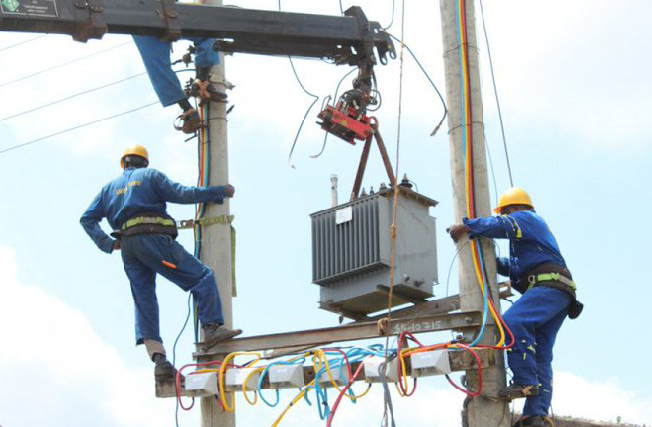The Kenya Power Last Mile Project, a World Bank-funded initiative aimed at expanding energy access throughout Kenya, is now at the center of serious allegations of corruption.
This project, which was initially intended to provide affordable electricity connections to underserved communities, is overshadowed by claims of kickbacks involving millions of shillings.
These allegations suggest a deeply entrenched system of graft, with influential government figures and Kenya Power officials reportedly manipulating the project for personal gain.
Sources indicate that a key figure within the scheme is a procurement manager at Kenya Power.
This individual is alleged to be the architect behind a plan that demands substantial kickbacks reportedly as high as Ksh 10 million from contractors in exchange for facilitation.
This practice is said to create an atmosphere of fear and mistrust among contractors, many of whom feel pressured to comply to avoid jeopardizing their involvement in the project.
According to insiders, intimidation tactics are frequently used to secure payments from contractors who have successfully bid for project tenders.
The pressure on contractors has reportedly reached severe levels, with one contractor allegedly detained until intervention from their embassy facilitated their release.
This incident has not only highlighted the risks faced by contractors but has also drawn attention to the extreme measures being employed to enforce compliance with corrupt demands.
Several contractors have reportedly been coerced into obtaining bank guarantees, which serve as financial assurances of their commitment to project completion.
However, these guarantees have become another tool for manipulation, as contractors are pushed into financial arrangements that benefit the individuals orchestrating the kickback scheme.
The ripple effects of these alleged practices are evident in the growing reluctance among contractors to participate in the Last Mile Project. Many firms now hesitate to engage with Kenya Power’s initiatives due to the risks associated with the procurement process.
This hesitation threatens the success of the project, as fewer contractors willing to bid could lead to delays and increased costs.
Furthermore, the allegations have brought into question the integrity of the entire initiative, raising doubts about whether the project’s goals can be achieved under the current climate of corruption and coercion.
The World Bank, as a key funder, may face increased scrutiny regarding its oversight of the Last Mile Project.
The organization has stringent anti-corruption policies, but the current allegations may prompt calls for more robust monitoring of the funds allocated to projects in high-risk environments.
Soon the World Bank may be compelled to take action to ensure that its funding is not used to facilitate corrupt practices. In light of these accusations, the future of the Last Mile Project appears uncertain.
The initiative, once seen as a vital step toward energy equity in Kenya, is now mired in controversy.
Addressing these concerns will require decisive action from both the government and Kenya Power to restore confidence in the project’s objectives and assure contractors that they can participate without fear of exploitation.





















Add Comment